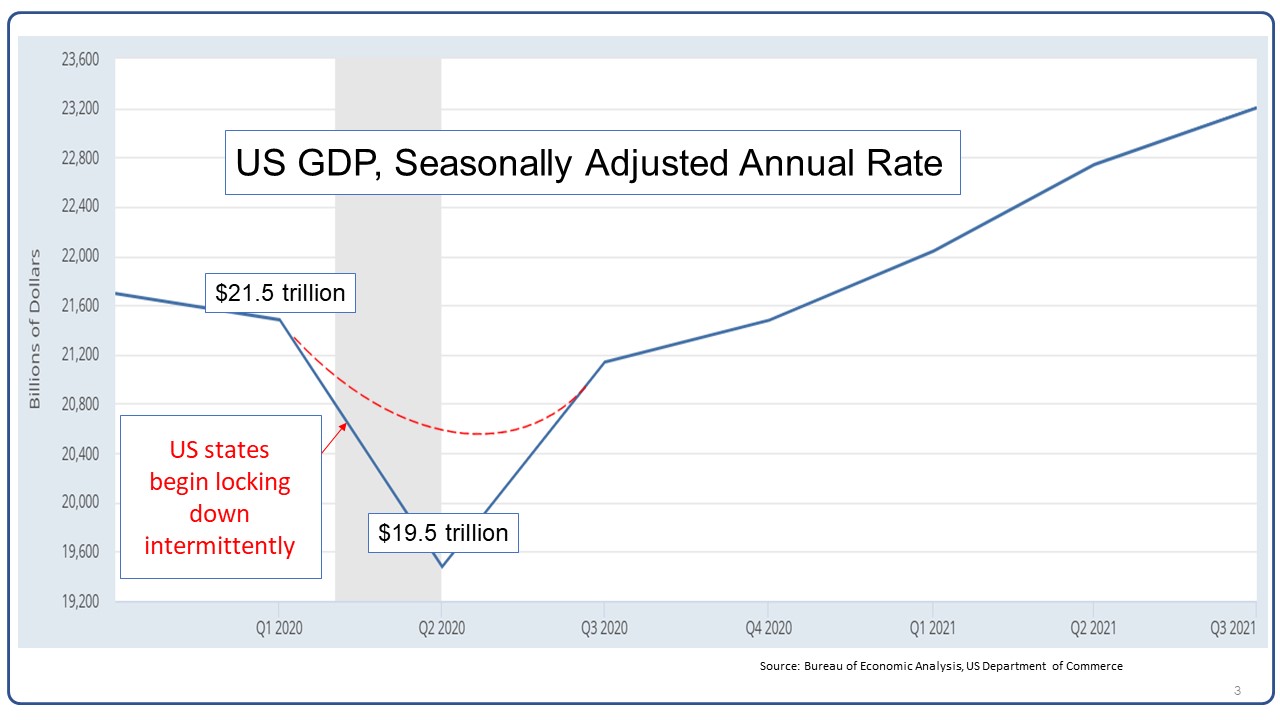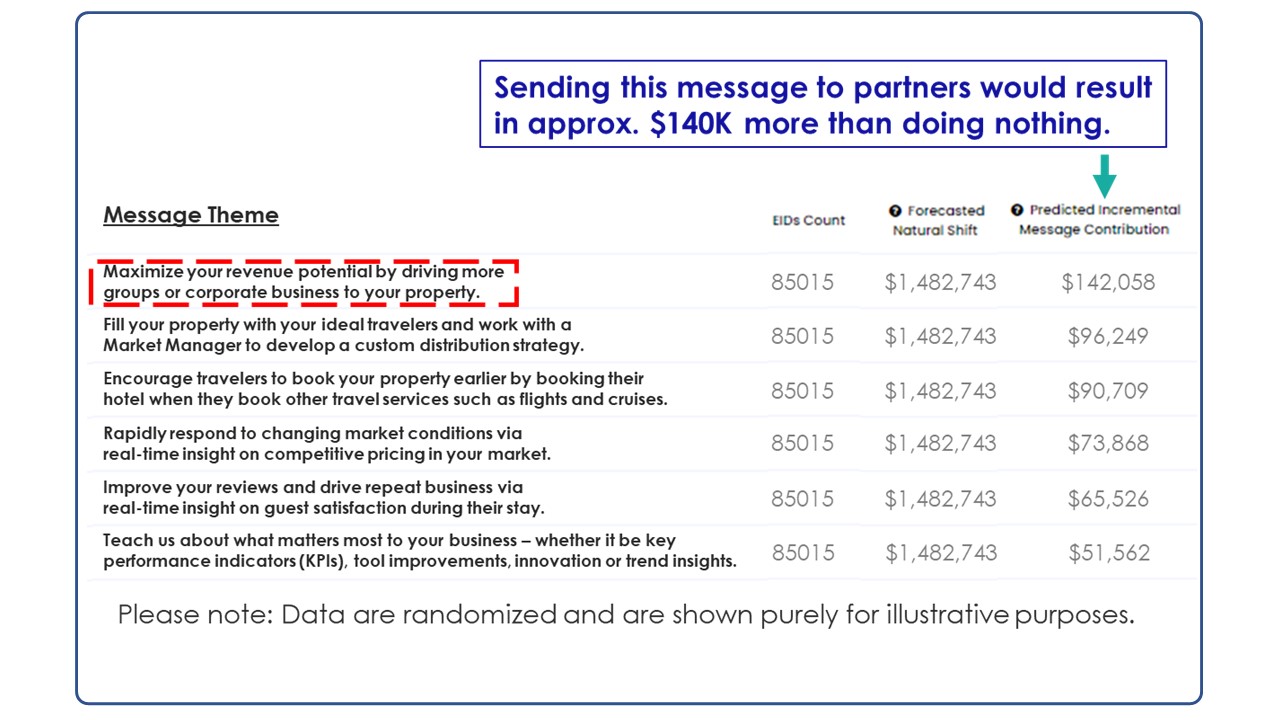Evaluating Decisions
What if every US citizen had a dollar for every good decision made by the president and lost a dollar for every bad decision? How much would Americans have in their “Decision Account” now? What about a half-good decision? Would Americans’ Decision Account be credited for 50 cents? Clearly, the whole matter hinges on what is defined as a good or bad decision.
While this exercise seems a little frivolous, the fundamental concept actually has practical application to marketing decisions, and to the application of AI to marketing decisions. Decisions by companies have positive or negative relative value, since money is exchanged (most of the time) between customers and the company. At the moment, Elon Musk is making decisions that influence Twitter shareholders’ value as well as the value Twitter users place on the relationship with the company.
What does AI have to do with that? AI has the unique ability to predict the relative value of different corporate decisions in monetary terms.
Everybody wants to do at least as well this year as they did last year (Line B above). It’s entirely possible to use AI to determine if a corporate decision will inflect the line upward (A) or downward (C). It’s of course up to management to decide if they will listen.
The issue can be writ large to the US economy. Take the issue of 2020 lockdowns ordered by most states in response to the Covid pandemic.
Between the first and third quarters of 2020, the economy lost about $2 trillion of value. Was it necessary for the economy to lose that much value? The question can be answered by placing a comparative value on alternative decisions.
While we can agree that assembling the input data for this evaluation would be a gargantuan task, just because it’s hard doesn’t mean it’s not possible. In theory, we should be able to assemble the features (predictors) that have some impact on the target (the economic outcome).
By simple logic, then, it’s possible for AI to provide a series of prospective decisions with relative values assigned to each. It would be up to the ultimate decision makers (say, state governors) to decide whether they will implement the decision with the highest relative value.
I could be wrong, but I do honestly believe that if such a series of relative values had been assigned to prospective decisions in New York state in 2020, and then-governor Cuomo were disposed to listen, he would not have opted to require thousands of seniors to receive care exclusively at nursing homes and Assisted Living Facilities rather than hospitals.
What about marketing decisions at companies?
You might be surprised to learn that this is not pie-in-the-sky for some US companies. Instead, it’s a practical reality, in current use. Expedia Group serves as an example.
This company has as much interest as any other company in doing as well now as they did last year (if not better). So there are certain decisions they submit to AI-assisted analysis in order to make sure the decision supports the A line rather than the C line. Here’s an example.
They have hundreds of potential messages they can share in email with their lodging partners (the people who own and run hotels). Some of these messages resonate positively with recipients, leading to the A line, while some of them are ignored or rejected by recipients, leading to the C line. Adding to the complexity of the situation, some messages are shared with only subsets of their million-plus partners, the messages vary subtly depending on the world region in which they’re deployed, and the messages are sent at different times of the year, leading to a seasonality effect.
As with the Covid lockdown example, the inputs are complicated but not impossible to assemble. The company spent many months assembling these inputs into training data for an AI model. At this point, they are able to use something called Scenario Analyzer to specify certain conditions and allow the AI model to optimize the output (prediction) under those conditions.
Scenario Analyzer responds by showing the top six messages that are most likely to approximate the A line below and excluding the hundreds of other messages that don’t meet that standard. In other words, the AI model is saying “you can do nothing if you like; but you’ll prosper more if you send this message.”
Back to the big political question
Can the same principle be used for political decisions? Sure, if the appropriate inputs are provided to the AI model. The fact that dollars were used as the unit of measure for “goodness” of the decision in the case of the travel services company is not troubling; another appropriate unit of measure for “goodness” could be used for the evaluation of comparative political decisions.
For example, points in averaged political polling could be used. The black line in the graph above shows the Real Clear Politics polling averages for approval of President Biden as of June 19, 2022. It is entirely within the realm of current AI technology to show the value of comparative decisions in terms of their ability to inflect the black line upward to the A position (or better).
The difficulty is not in assembling the model variables that contribute to the inflection, though it’s a cumbersome job. As we said before, the difficulty is in determining whether management will listen.

Tell us how we can help you
Cascade Strategies can serve your market research needs from the most straightforward to the most sophisticated project. Don’t hesitate to contact us to tell us about your next project, or your overall research needs in general. You can call (425) 677-7430 and ask for Jerry, Nestor, or Ernie. Or send us an email at info@cascadestrategies.com. We’ll get back to you quickly!
subscribe






